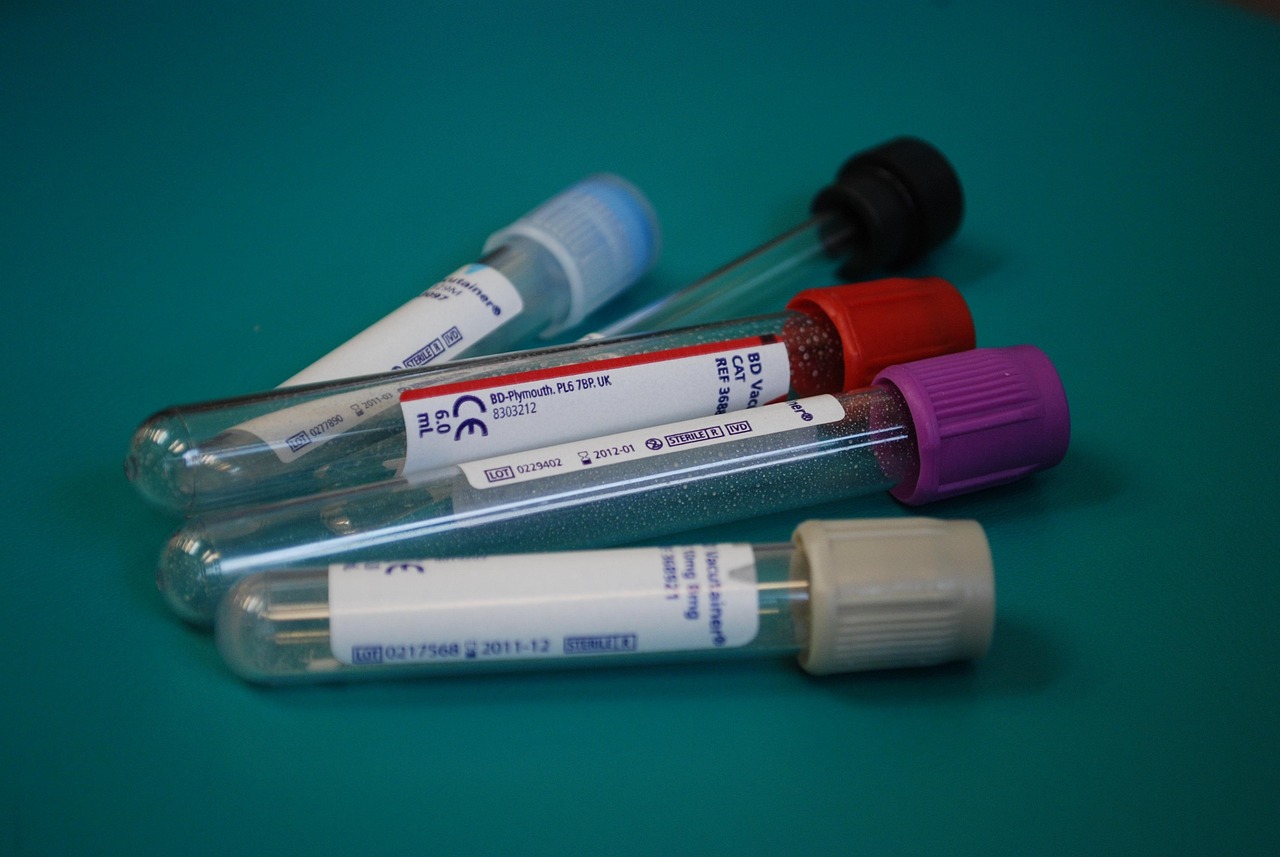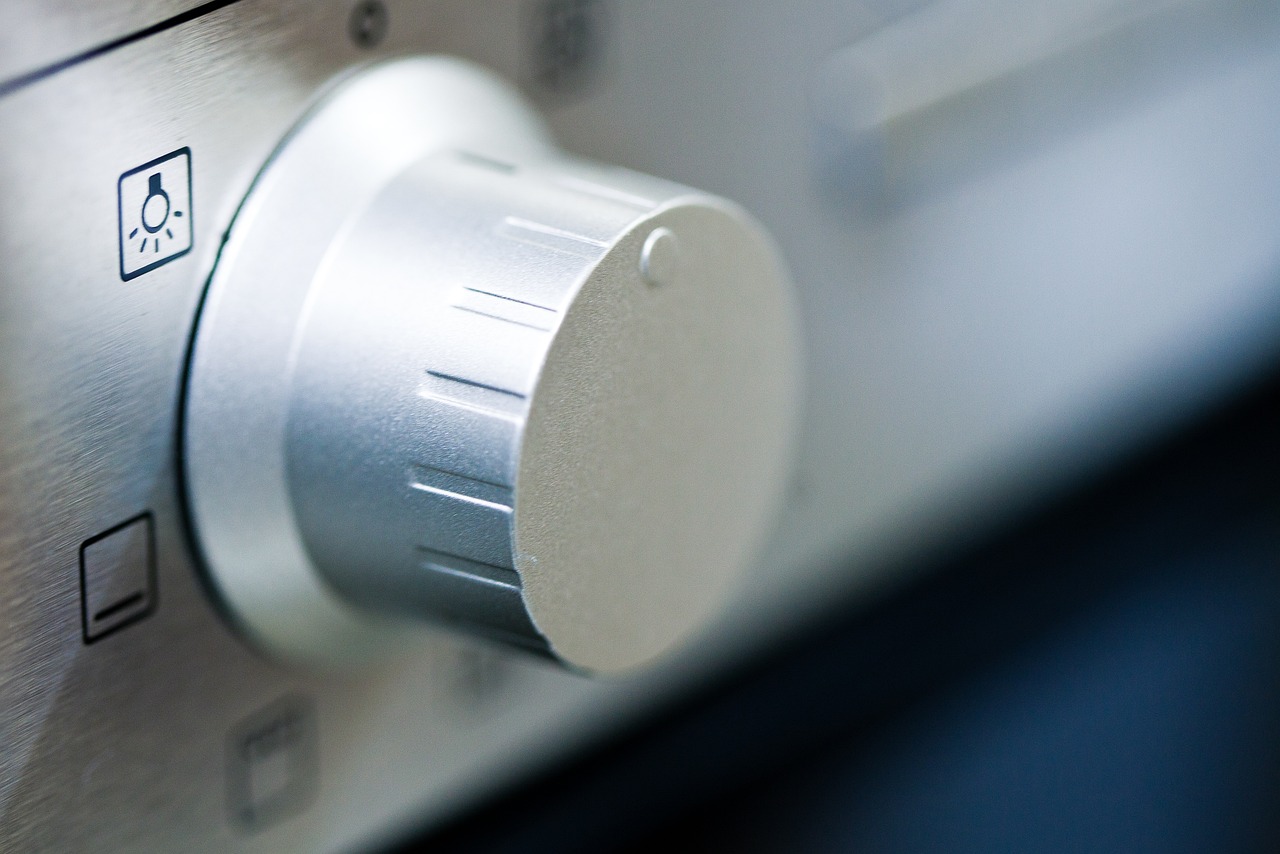Hippo Tests Soil Moisture Sensors for Garden Claim Prevention

In a move aimed at reducing insurance claims related to garden damage, the technology-driven insurance provider Hippo has embarked on a pilot program to test soil moisture sensors. This initiative seeks to leverage smart technology to preemptively address conditions that could lead to garden-related damages, thereby optimizing claim prevention strategies.
Climate change has intensified unpredictable weather patterns, leading to increased incidents of droughts and floods. These extremes can significantly affect soil conditions, which in turn can lead to a spectrum of garden-related issues. With gardens becoming an integral part of home aesthetics and biodiversity, the financial impact of garden damage has been noticeable. As a result, insurance providers, like Hippo, are exploring innovative solutions to mitigate such risks.
Soil moisture sensors are devices that measure the volumetric water content in soil. These sensors have been traditionally used in agricultural practices to optimize water usage, enhance plant health, and boost crop yields. By integrating these devices into residential settings, Hippo aims to provide homeowners with real-time data on soil conditions, enabling proactive interventions to prevent garden damage.
Hippo’s pilot program involves deploying a variety of advanced soil moisture sensors in diverse geographical locations to ensure comprehensive data collection. The program focuses on:
- Accuracy: Ensuring that the sensors provide precise and reliable moisture readings to inform timely interventions.
- Integration: Seamlessly incorporating sensor data into smart home systems to alert homeowners and trigger automated responses, such as activating irrigation systems.
- Scalability: Developing solutions that can be effectively implemented across different types of gardens, from small urban spaces to extensive rural properties.
By analyzing the data collected from these sensors, Hippo aims to establish patterns and insights into soil moisture levels that correlate with garden health. This data-driven approach can potentially revolutionize how insurance providers assess risks and determine premiums for garden-related coverage.
The global context of this initiative is compelling. With agriculture accounting for approximately 70% of global freshwater use, optimizing water consumption is crucial not only for individual property owners but also for broader environmental sustainability. By adopting soil moisture sensors, homeowners can contribute to water conservation efforts while safeguarding their gardens against damage.
In terms of market implications, the integration of smart technology in home insurance products represents a significant shift towards preventive measures. It reflects a growing trend where insurers are not merely reactive entities but active participants in risk management. This approach aligns with the larger movement towards smart homes, where interconnected devices work cohesively to enhance living conditions and reduce potential hazards.
However, the success of such initiatives hinges on several factors, including user acceptance, technological reliability, and cost-effectiveness. While the initial investment in soil moisture sensors may be a consideration for homeowners, the long-term benefits of reduced water usage, healthier gardens, and potentially lower insurance premiums present a compelling case for widespread adoption.
Hippo’s exploration of soil moisture sensors is a testament to the evolving landscape of the insurance industry, where technological innovations are increasingly shaping strategies for risk assessment and prevention. As this pilot program progresses, it may set new benchmarks for integrating environmental data into insurance models, ultimately fostering a more resilient and sustainable approach to garden management.













